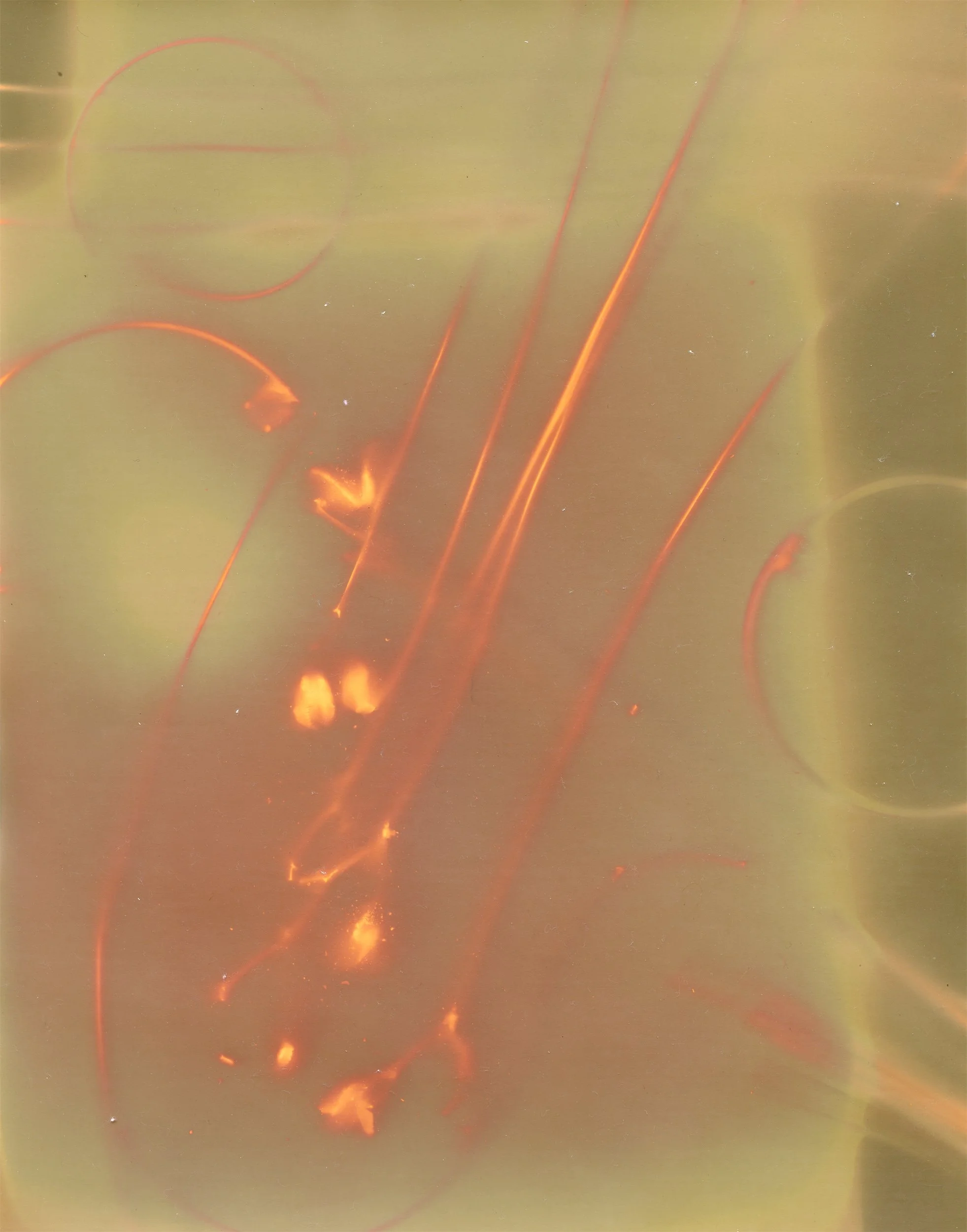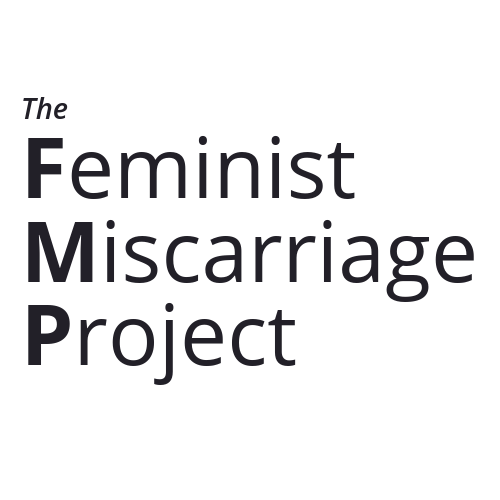
Call for Papers
New Directions in Miscarriage Research:
Interdisciplinary, Intersectional and Full-Spectrum Perspectives
In-person two-day conference:
Thursday 18th - Friday 19th June, 2026
London campus of Loughborough University (Queen Elizabeth Olympic Park, Lesney Avenue, London E20 3BS)
— with a screening of Adventures in Miscarriage, including Q&A discussion with the film-maker Cheryl Furjanic and drinks reception
Online day:
Monday 22nd June, 2026
Since the 1990s, attitudes and practices around miscarriage have been changing significantly in the UK and elsewhere. Yet material support remains woefully inadequate, and while the silence is finally being broken, not all perspectives and voices are coming through. Newspapers and magazines now regularly publish stories of ‘celebrity miscarriage’, for example, but the lived experiences of impoverished and racialised communities are routinely sidelined despite higher miscarriage rates. Research also shows that miscarriage is increasingly being framed as loss and bereavement, which for some people is appropriate and validating, but can be alienating for those who understand their miscarriages differently. Further, miscarriage still gets siloed from other pregnancy endings like abortion, despite their commonalities and overlaps.
The Feminist Miscarriage is therefore organising this conference to advance our three core aims:
To promote intersectional research into how social inequalities affect miscarriage experiences and care structures.
To develop ‘full-spectrum’ approaches that connect miscarriage with other pregnancy endings including stillbirth, live birth, abortion, ectopic, in/subfertility and more.
To explore the multiple ways that people conceptualise and feel about miscarriage, making space for ambiguity and ambivalence.
We’re inviting 20 minute presentations from researchers from a wide range of academic disciplines and geographical contexts, as well as practitioners, clinicians, artists, writers and more. We welcome conventional academic papers and work-in-progress as well as contributions of other kinds - if you’d like to discuss a proposal further, please do just get in touch.
The conference is funded by the Arts and Humanities Research Council so there will be no registration fee, and catering will be provided. There will be quiet and private spaces for those with infants or who need time out. There will also be break-out sessions dedicated to building interdisciplinary teams for future research initiatives and collaborations.
Questions to explore may include:
What research methodologies are needed to better understand how social factors like race and class impact experiences of miscarriage and other pregnancy endings?
What can different disciplinary perspectives bring and how can they enhance each other?
How can Reproductive Justice and full-spectrum approaches be further developed and extended?
What contribution can critical perspectives – e.g. materialist, decolonial – make to analysing the political economies of miscarriage?
What kinds of policy-making and political initiatives around miscarriage and other pregnancy endings do we want to see?
What changes to clinical practices?
How can a broader range of meanings and interpretative practices be generated and shared?
What role do cultural and media institutions have to play?
Please email your proposals by Friday 15th January 2026 to:
Abstracts should be no more than 250 words, and please indicate if you’re intending to present in person or online.
Please also include a brief biography and let us know of any accessibility requirements.
A note on language: while recognising its contentiousness, we use the colloquial term ‘miscarriage’ rather than ‘pregnancy loss’ in recognition that not everyone experiences their involuntary pregnancy ending as loss. However, we encourage conference contributors to use the language that best fits their own contribution.
